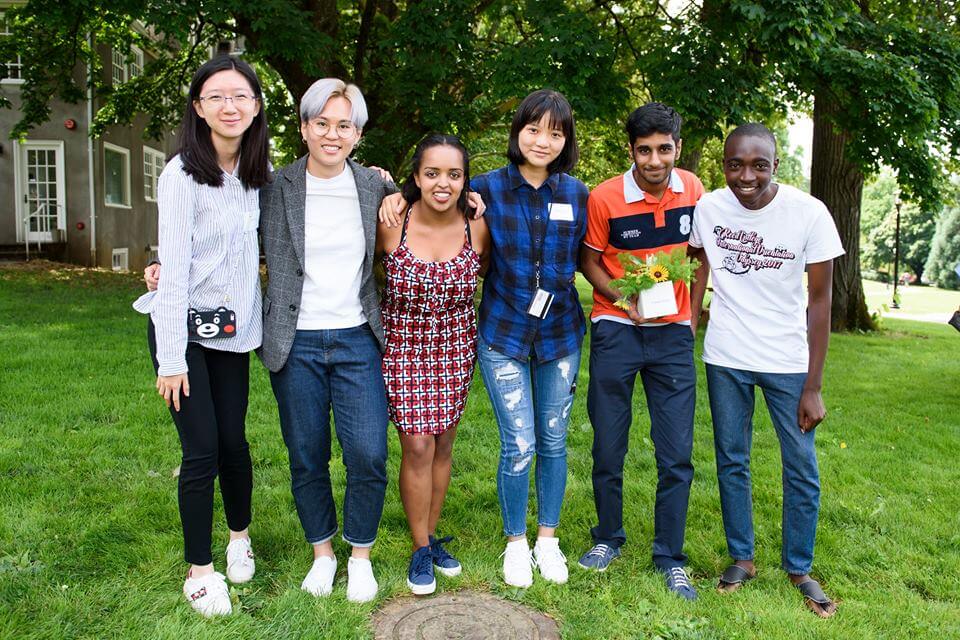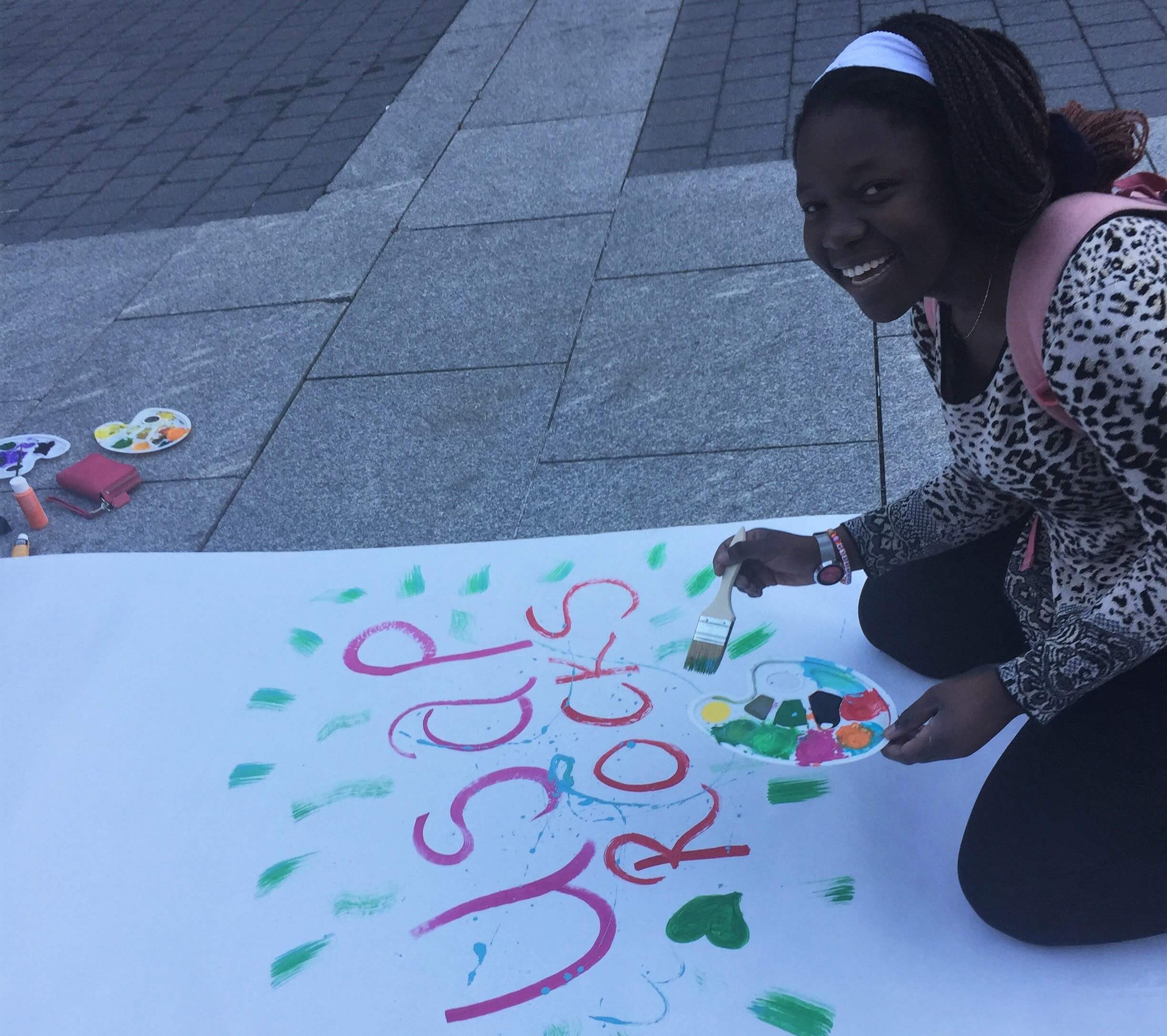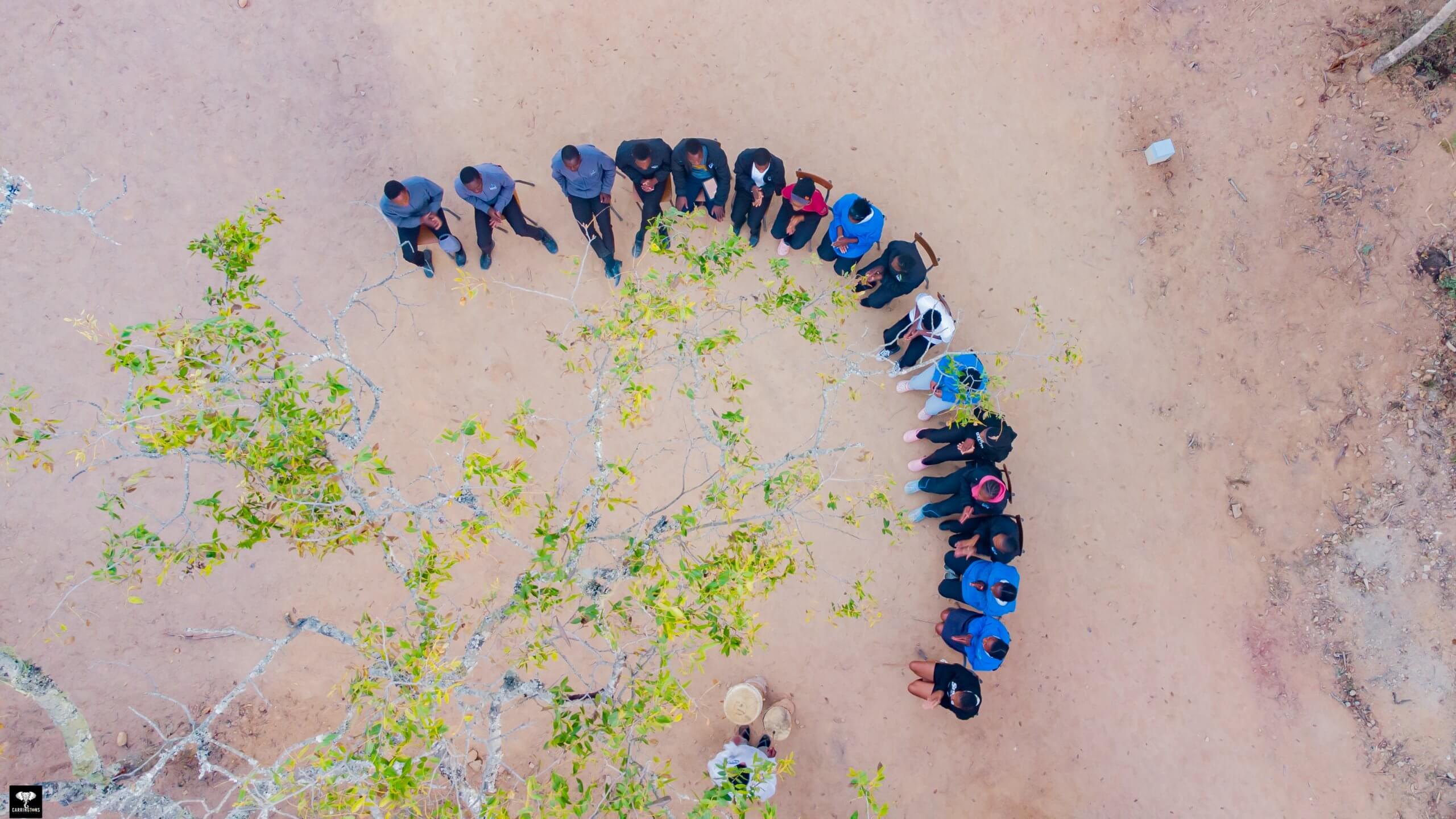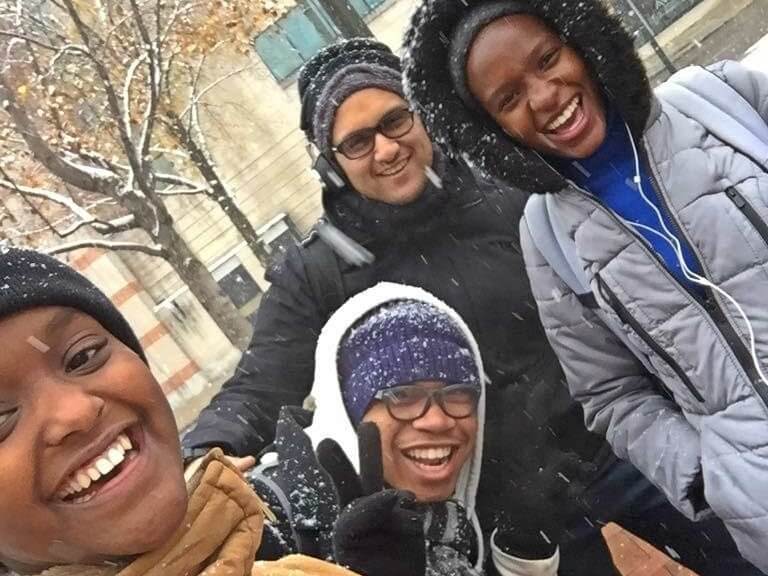When someone tells you that you need to appreciate the simple things in life because there is a chance you could lose it all, you might probably think the following:
“Lamest cliché ever…”
“That will never happen to me…”
“Seriously? Do I look that gullible to you?”
“Someone grab a pizza to spread all this cheesiness on…”
I bet you think that “I thought this too for a while until the truth was revealed to me…” and so forth, and that by now you probably know where this entire narrative is going. So I’m going to let you think you do, that is, until you realize that you in fact don’t. Let’s see what I would have said if hypothetically I was writing a blog post about myself.
In the conventional blog post, this is where I would introduce myself as Anesu Ndoro. Here is where I would tell when I was born, perhaps where I was born, like if I said in Chegutu, and how my childhood was; perhaps it was wonderful, dreadful, or both. I would probably then go on to give a brief background of my education, because education is very important in Zimbabwe, and would then talk about my former school (e.g. Kutama College) my friends, my family (such as hypothetical parents and three hypothetical sisters). My goals and aspirations would possibly be here, followed closely by my struggles that propelled me to be where I am today, because who doesn’t love a good story? You are expecting me to write these things, and there is nothing wrong with that expectation.

What if, however, I was to tell you a slightly different story? What if in a life changing experience I, a person who has lived in Zimbabwe all his life, suddenly find myself in a foreign nation 10,001 miles away from home? What if that nation happens to be the United States, and I happened to be living in what Americans themselves call “the whitest city in all America”: Portland, Oregon? Given that I have never once learnt in the same classroom with people outside my race, what if I am at a college campus in this state, like Reed College for instance, starting my freshman year in August 2017? Better yet, what if all my professors belong to different races? What if my roommate is a different race? Let’s pretend that this hypothetical situation is true. How do I feel? How do I react? How do I navigate between stereotypes I had of Americans while back in Zimbabwe, and the stereotypes people still have of me?
How do I react to the new food, the new way of life and the new people? Imagine the hilarious confusion I showed in my first few weeks; a sitcom in which I barely understand at first what people are saying because they have a thick accent, and how they all tell me they think that I have a strong accent too. How do I cope with homesickness, a severe lack of my beloved staple food sadza in my diet and how do I survive speaking in English all the time. No one here knows what Shona is, how it sounds or how to respond to it. It is probably funny to imagine, a sad kind of comic relief. Can you take a minute to think how funny it would be to see me asking classmates questions like:
“How does this device work?”
“What does that phrase mean?”
“Can you please repeat yourself? I didn’t quite get that.”
“Who? I’ve never heard of him/her.”
I find myself asking these questions to people who have seen, heard and known what I’m discovering for their whole lives, and for professors to give references to people I didn’t know existed. It can be disappointing, or at least discouraging. If one is not careful in such a situation, he/she could be quite unhappy for a very long time.
 But what if, faced by such ‘overwhelming’ circumstances, you decide to stop and realize how incredibly fortunate you are to be in such a place? What if you remember that the meals you ate today actually cost more than someone’s entire term’s schools fees back home, and that that someone couldn’t afford it either way? What if your hypothetical American friends complain about how dreadful their morning was and how their entire day is ruined because the hot water in the shower wasn’t hot enough, but you suddenly remember how, in winter, you woke up early to fetch water from a community borehole and heat the water on fire so you could go to school clean? You laugh to yourself at how the heat of your water was directly proportional to how much effort you put into the fire. And you remember how you sometimes bathed with water only because bath soap had become a luxury.
But what if, faced by such ‘overwhelming’ circumstances, you decide to stop and realize how incredibly fortunate you are to be in such a place? What if you remember that the meals you ate today actually cost more than someone’s entire term’s schools fees back home, and that that someone couldn’t afford it either way? What if your hypothetical American friends complain about how dreadful their morning was and how their entire day is ruined because the hot water in the shower wasn’t hot enough, but you suddenly remember how, in winter, you woke up early to fetch water from a community borehole and heat the water on fire so you could go to school clean? You laugh to yourself at how the heat of your water was directly proportional to how much effort you put into the fire. And you remember how you sometimes bathed with water only because bath soap had become a luxury.
How about if you realize how much more peaceful and tranquil your home was because although your Zimbabwean economy is crippled, at least you don’t have people being shot down seemingly randomly or unfairly simply because of their race? And you remember how people are more respectful to their elders back home when you witnessed students shouting profanities at the professor the other day. What if you recalled how people have respect for morality back home? How would you react? Would you study harder so that you make life better for your family, your community and your nation? Would you think about others you left behind back home who are looking up to you, or would you suddenly ask yourself whether there were in fact any people back home at all? Your pressures would motivate you, your frustrations would fuel. Indeed, you would work to your greatest potential.
These are questions I’ve asked myself these past few weeks, because there’s something about leaving the land of your forefathers that makes you realize who you are and what you stand for. These are questions someone who wants to study in the United States might ask, and questions he/she must answer should they choose to do so. Nothing in life, or in this blog post, is ever clear or straight to the point, but whether we decide to cave under the boulders of life or use them as stepping stones is completely up to us. Whether our narrative will be predictable or not is in our hands. So when you finally finish reading this ‘blog’, please consider believing in yourself and while you’re at it, changing the world.
Anesu Ndoro is a USAP alum and avid mbira player who hails from Chegutu and studied at Kutama College before starting in August on a scholarship at Reed College in Portland, Oregon.





Beautifully written and lots to think about. Thank you.
Staying true to oneself is the gospel that needs consistent preaching!
Beautiful!
You are a truly amazing person